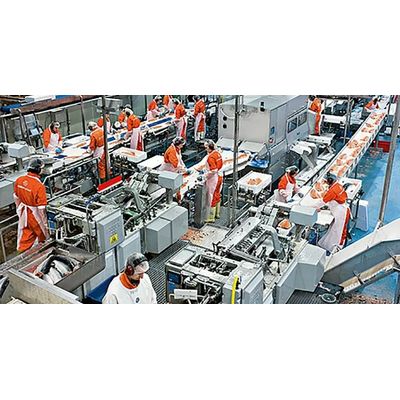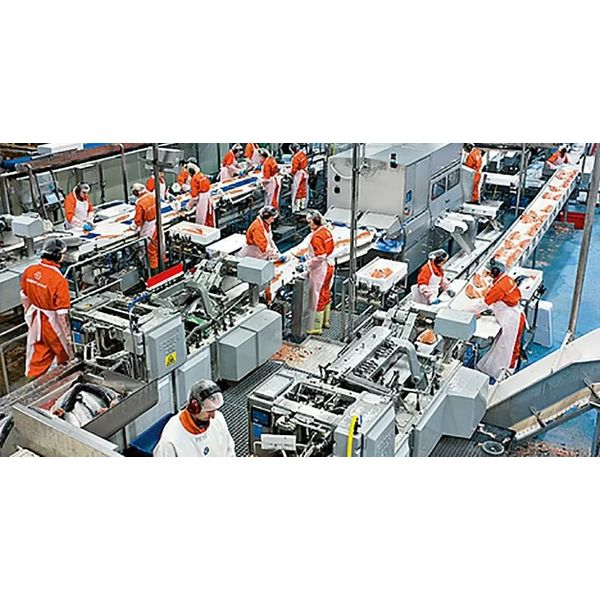

- Home
- Companies
- isoTracker Solutions Ltd.
- Articles
- Quality Management in the Food ...

Quality Management in the Food Processing Industry
Quality management in food processing is crucial for food safety, consistency, and compliance with regulatory standards. It includes strict processes to control production, from sourcing through to distribution.

Food industries are heavily regulated to protect consumer safety. However, it’s not just for compliance that quality management is key.
From a business perspective, improved quality processes can help:
- reduce wastage
- build consumer trust and drive higher demand
- increase product shelf life
- boost efficiency, for cost savings and faster times to market
- maintain competitiveness in local and global food markets.
The following three, core principles inform quality management processes in food processing businesses.
Raw material control
Raw material control is crucial because it directly impacts the quality, safety, and consistency of food products. It also contributes to operational efficiency and consumer confidence, making it a cornerstone of successful food processing operations.
Process control
Process control is the systematic monitoring and management of variables that affect the quality of process outputs. Its aim is to minimize variations and ensure consistent adherence to standards.
In food production, this is a complex task. It depends on a rigorous approach, with a responsive system for triggering preventive and corrective measures.
Product inspection
Product inspection focuses on examining the final product. Many forms of testing – from visual observation to physical and chemical tests – may occur at different stages. Microbiological testing is typically important for determining health and sanitation controls.
Quality control at this stage depends on effective monitoring, data collection, and data analysis – along with suitable corrective action.
Quality management in the food processing industry occurs across diverse contexts and different stages, from sourcing to processing, packaging, and distribution.
Some of these stages may occur across multiple countries, with different regulations.
Manufacturers may also opt to adhere to a number of different quality-related standards, each with its own set of requirements. For example, many food manufacturers implement the Hazard Analysis Critical Control Point (HACCP) system for ensuring food safety. It’s also common to implement Total Quality Management (TQM) and ISO 9000 quality standards.
They may opt to meet requirements to obtain halal, kosher, or vegan certification.
Food companies may also set targets for and monitor a very wide range of quality criteria that aren’t externally regulated (or to an extent that exceeds regulatory requirements).
For instance, these may relate to product shelf-life, taste, texture, appearance, nutrient and micronutrient levels, use of preservatives, use of organic ingredients, strict avoidance of cross-product contamination, and so on.
Given the complexities, it’s vital for any food manufacturer or processor to have an effective quality management system (QMS). This makes it much easier to achieve standardisation and to meet the demands of consumers and authorities.
isoTracker’s quality management software offers a modular, intuitive, and affordable approach to quality management in the food processing industry. The following modules can stand alone or integrate seamlessly to provide a comprehensive QMS:
- Document Control
- Audit Management
- Risk Management
- Nonconformance Management
- CAPA
- Complaints Management
- Training Management
Sign up for a free 60-day trial of the full software suite or contact us to discuss your needs.
